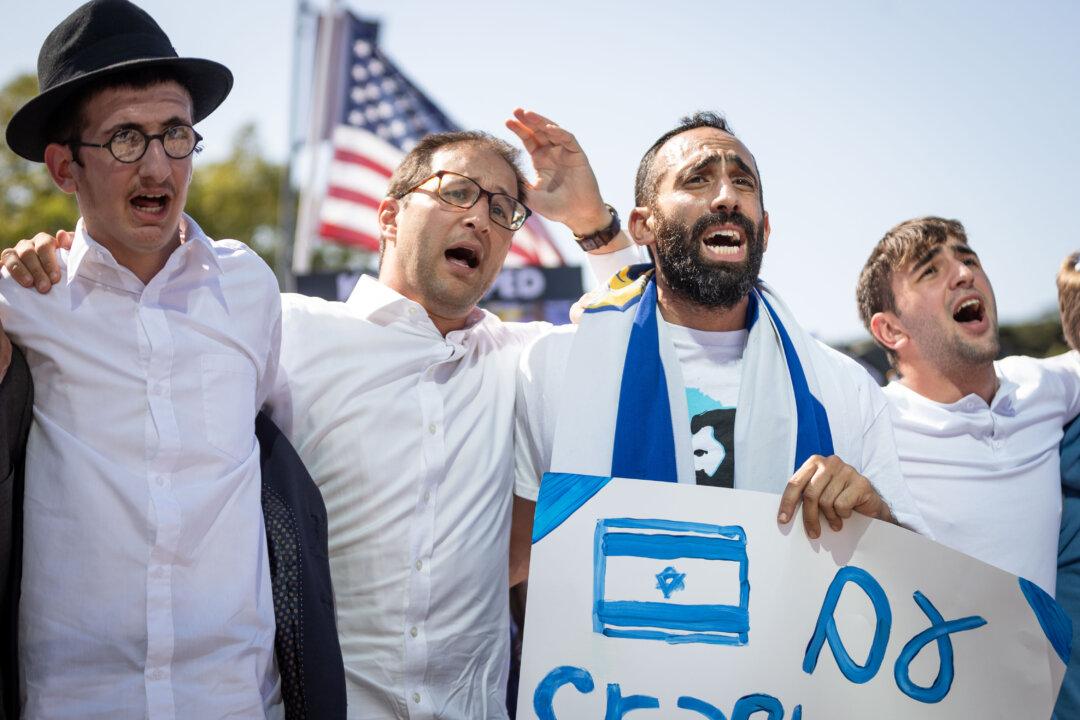Commentary
It might seem counterintuitive to some, but the brutal and horrific attacks on Israel show just how close the Middle East is—or was—to taking a generational step toward peace.

It might seem counterintuitive to some, but the brutal and horrific attacks on Israel show just how close the Middle East is—or was—to taking a generational step toward peace.